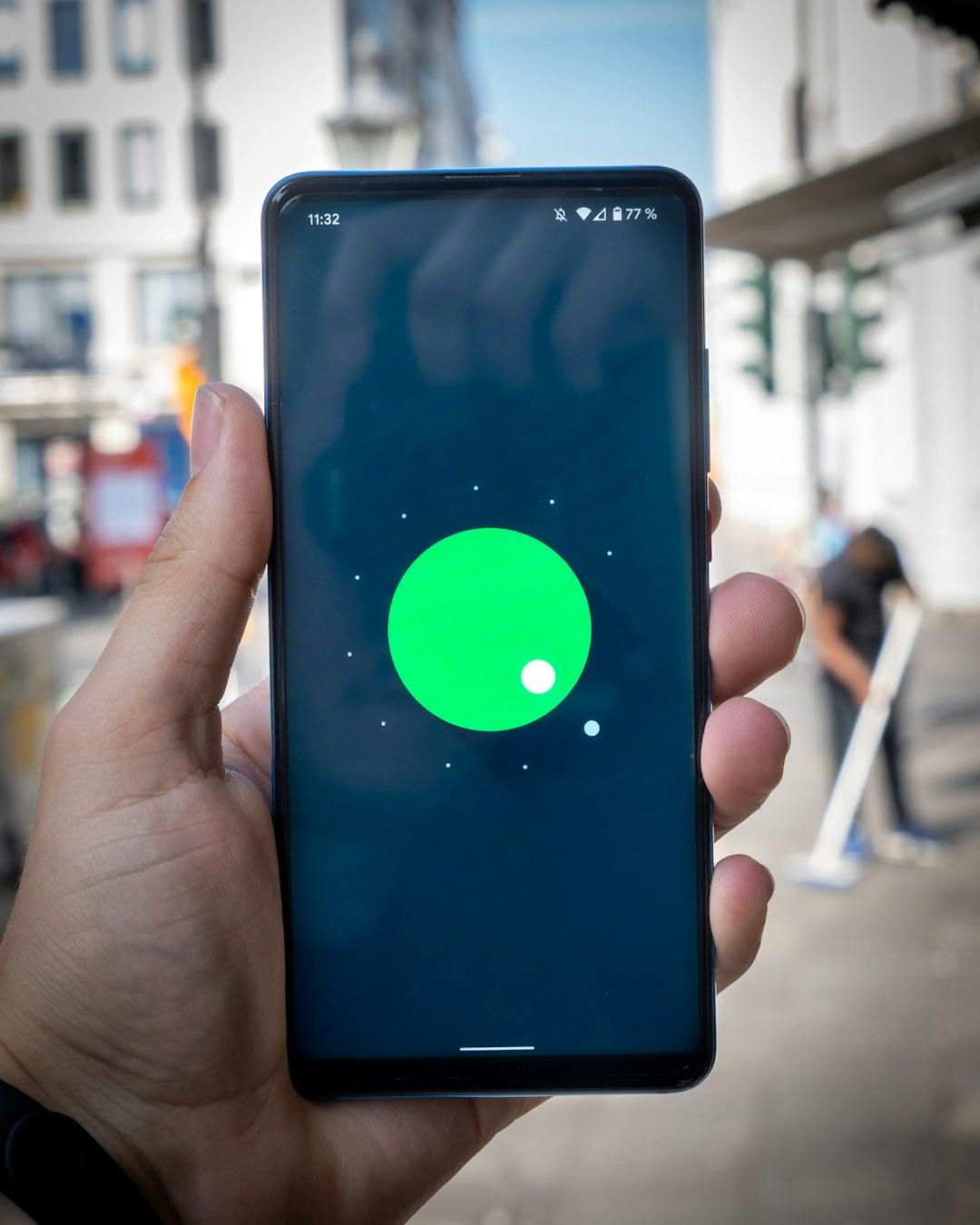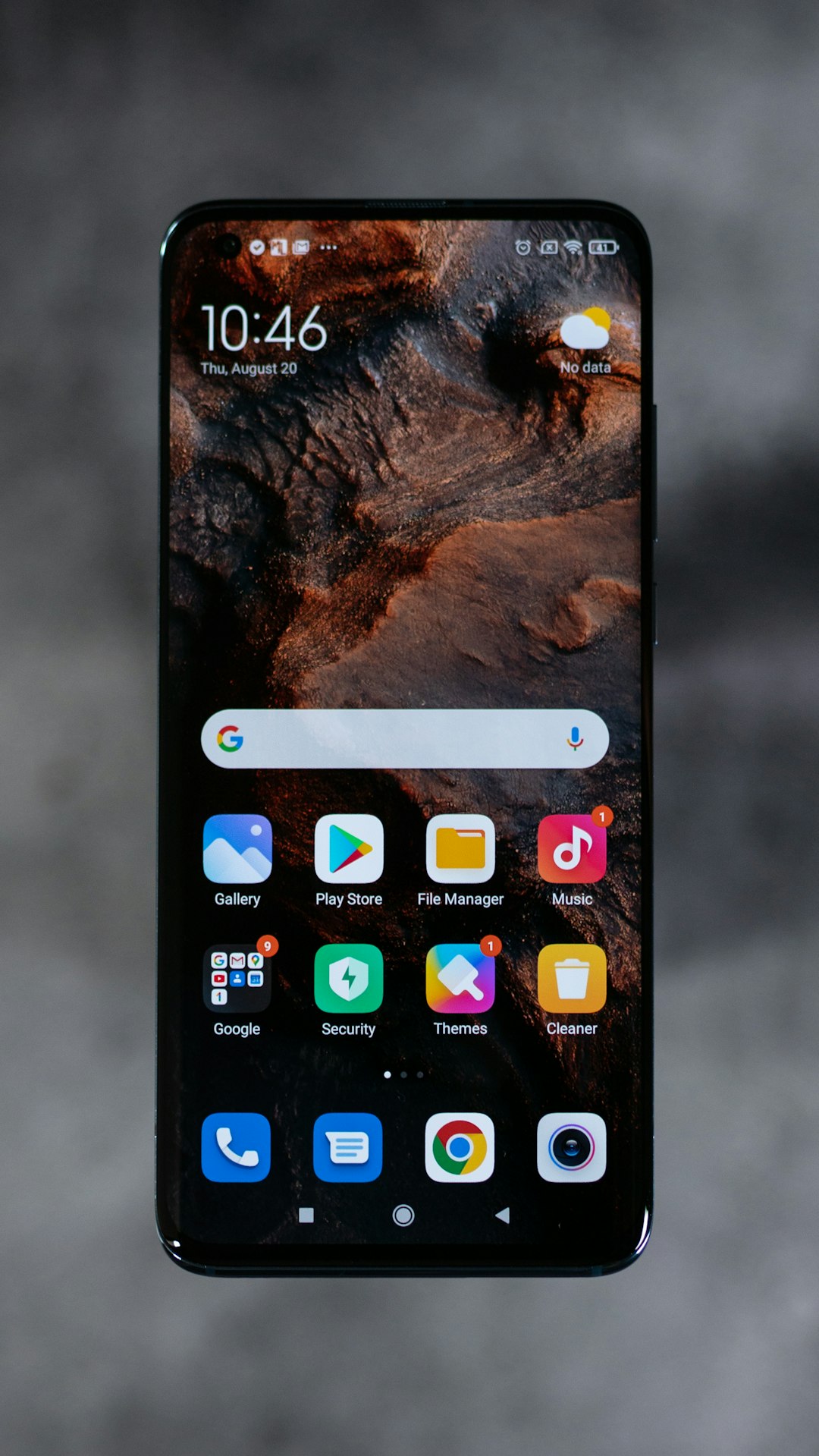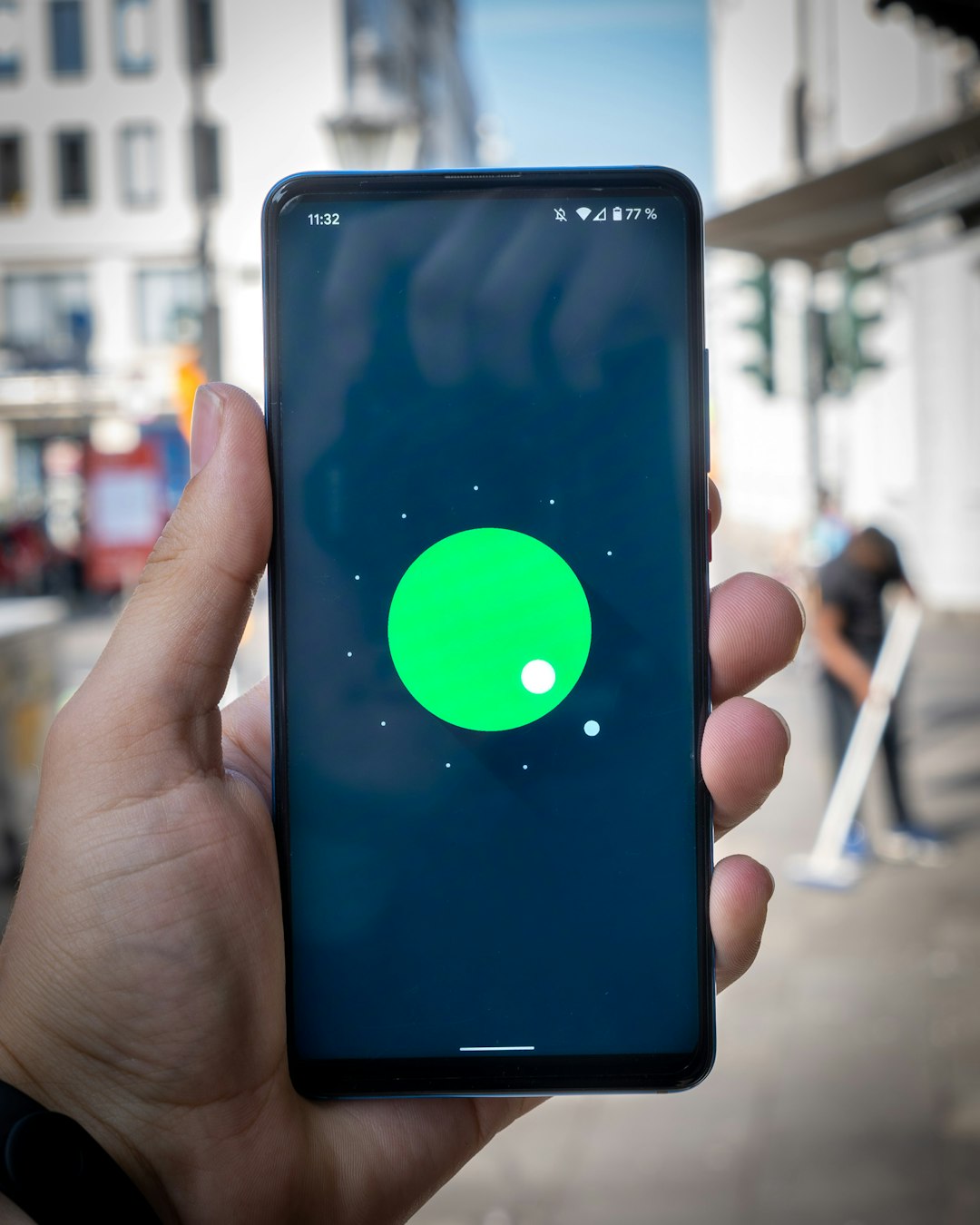New Hampshire has stringent spam texts laws that protect residents from unsolicited promotional messages, regardless of "Do Not Call" list registration. Businesses must obtain explicit consent before sending marketing text messages and provide clear opt-out mechanisms to avoid legal penalties. Spam texts lawyers in New Hampshire help ensure compliance, safeguard consumer rights, and maintain positive business reputations.
In New Hampshire, spam text laws are in place to protect residents from unsolicited and harassing messages. Contrary to popular belief, registering for a ‘Do Not Call’ list isn’t always necessary to invoke these protections. This comprehensive guide aims to demystify New Hampshire’s spam text regulations. We’ll explore when these laws apply, common misconceptions, and the legal avenues available to combat unwanted spam texts. If you’re a New Hampshire resident facing incessant spam texts, our team of spam text lawyers stands ready to assist.
Understanding Spam Text Laws in New Hampshire

In New Hampshire, just like in many other states, spam text laws are designed to protect residents from unsolicited and unwanted text messages. These laws are stringent and apply regardless of whether a consumer has registered their number on a “Do Not Call” list. If you’re a resident of New Hampshire or a business operating within the state, it’s crucial to understand these regulations, especially when dealing with mass text messaging campaigns.
Spam texts Lawyers in New Hampshire can help clarify and interpret these laws, ensuring businesses comply while protecting consumers’ rights. The rules cover various aspects, including obtaining explicit consent before sending promotional messages, providing an easy way to opt-out of future communications, and strict penalties for non-compliance. Staying informed about these legal requirements is vital to avoid legal issues and maintain a positive reputation in the business world.
Do You Need a Do Not Call Registration?

In New Hampshire, the rules regarding spam texts are clear and stringent. While many people assume that they need a “do not call” registration to protect themselves from unsolicited text messages, this is not entirely accurate. The fact is, regardless of whether you’ve signed up for or opted out of such lists, sending unwanted spam texts is illegal. New Hampshire laws specifically prohibit businesses and individuals from sending mass text messages for marketing purposes without prior express consent from the recipient.
Even if you haven’t registered your number on any “do not call” lists, it’s crucial to understand that each time you send a spam text, you run the risk of facing legal repercussions. The best course of action is to obtain explicit consent before sending promotional or advertising messages via text. This simple step can help avoid potential issues and ensure compliance with New Hampshire’s strict anti-spam laws, protecting both consumers and businesses alike from unwanted and potentially fraudulent communications.
When Do Spam Laws Apply?

In New Hampshire, just like in many other states, spam texts are subject to strict legal regulations, regardless of whether a business has registered for a “do not call” list. These laws protect consumers from unsolicited and unwanted text messages that promote or advertise goods and services. Whether you’re a consumer receiving these messages or a business concerned about compliance, understanding when these laws apply is crucial.
Spam laws typically come into play when a company sends out bulk text messages for marketing purposes without prior consent from the recipients. This includes messages promoting sales, discounts, or any form of advertising. In New Hampshire, lawyers emphasize that even if a business hasn’t explicitly registered for a “do not call” list, it must still adhere to these regulations to avoid legal repercussions.
Common Misconceptions About Spam Protection

Many consumers believe that they are protected from spam texts if they haven’t registered their phone numbers on a “do not call” list. However, this is a common misconception. In New Hampshire and across the country, laws governing spam protection extend far beyond simple do-not-call registrations. Even without being listed, individuals have rights against unsolicited text messages, often referred to as spam texts.
Another prevalent misunderstanding is that only certain types of businesses or organizations engage in sending spam texts. The reality is that anyone—from local retailers to national corporations—can be guilty of sending unwanted text messages. This includes promotional offers, advertisements, and even messages from strangers. Lawyers specializing in spam protection can help individuals understand their rights and take action against these misdirected messages.
Legal Action Against Spam Text Senders

In New Hampshire, sending unwanted spam texts can lead to serious legal consequences. Even if a business hasn’t registered for a “do not call” list, victims of spam text messages still have rights and options. Legal action against spammers is encouraged by state laws designed to protect consumers from intrusive and deceptive marketing practices.
If you’ve received unsolicited text messages promoting products or services, you may be able to take action through legal channels. Engaging the help of experienced spam text lawyers in New Hampshire can provide guidance on how to proceed, whether it’s filing a complaint with regulatory bodies or pursuing individual claims for damages. These professionals are equipped to navigate the complexities of anti-spam legislation and advocate for your rights as a recipient of unwanted text messages.






